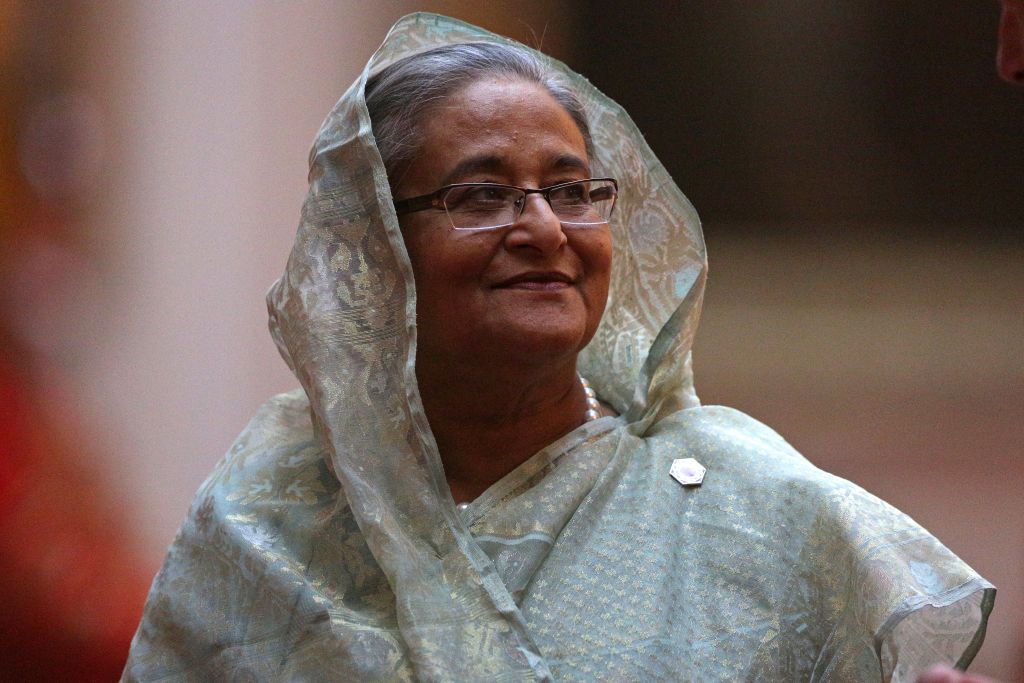Bangladesh’s political scene remains fraught with uncertainty as a key adviser to Muhammad Yunus’s interim government announced that Sheikh Hasina’s Awami League would not be allowed to contest future elections. Speaking at a rally in Chandpur district, Mahfuz Alam, a prominent leader of the Anti-Discrimination Movement, reiterated that only “pro-Bangladesh groups” such as the Bangladesh Nationalist Party (BNP), Jamaat-e-Islami, and others would be permitted to continue their political activities.
Alam, a de facto minister in the interim cabinet, emphasized that no elections would take place until reforms aimed at rebuilding institutions “destroyed by the fascist Hasina government” were implemented. He further asserted that these pro-Bangladesh groups would establish governance through a “fair electoral process,” explicitly ruling out any rehabilitation of the Awami League.
Alam’s influence within the government is notable. Appointed initially as a special assistant by Yunus, he rose to prominence during the student-led movement that toppled Hasina’s government and forced her into exile on August 5, 2024. Yunus, during a United Nations General Assembly function, lauded Alam as the “main brain” behind the movement that reshaped the country’s political landscape.
Awami League Faces Political Erasure
Since the fall of Sheikh Hasina’s regime, the Awami League has been virtually eliminated from the political sphere. Many of its leaders, including former cabinet members, are either imprisoned on charges of corruption and murder or have gone into hiding. Despite this, the BNP has voiced opposition to banning any political party.
Read More: Pakistan and Türkiye Collaborate to Build Fifth-Generation KAAN Fighter Jet
BNP Secretary General Mirza Fakhrul Islam Alamgir has warned against prolonged reforms, arguing that an unelected government should not stay in power indefinitely. He stated, “The reform agenda could take a decade, but elections must not be delayed unnecessarily.” The BNP also cautioned the interim government against forming a new political party while in power, emphasizing that such actions would undermine its credibility.
Speculation on Youth-Led Political Movements
Amid discussions of reform, speculation has arisen regarding the formation of a youth-led political party by the student leaders who played a pivotal role in the anti-Awami League movement. Advisers such as Local Government and Youth and Sports Adviser Asif Mahmud Sajeeb Bhuiyan hinted at competition among political entities over welfare initiatives, fueling further speculation about their intentions.
Information Affairs Adviser Nahid Islam suggested that current advisers could resign to form the new party, enabling them to contest future elections without accusations of conflict of interest.
The Road to Elections
Muhammad Yunus recently indicated that general elections might occur by late 2025 or early 2026, contingent on achieving political consensus and implementing the necessary reforms. While his administration remains focused on restructuring, skepticism about its longevity persists.
The exclusion of the Awami League from electoral politics marks a significant shift in Bangladesh’s political landscape, raising questions about the implications for democratic inclusivity and the balance of power in the nation’s governance.














